Discover
our treatments
Dr. Skander Ellouze practices orthodontics with a focus on oral health and facial balance.
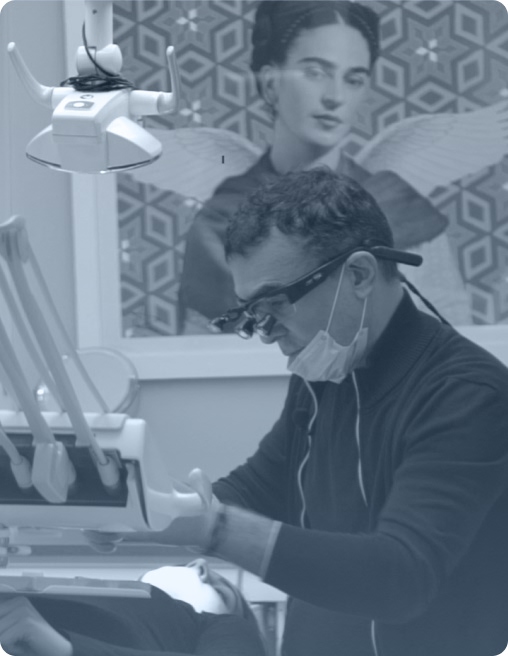
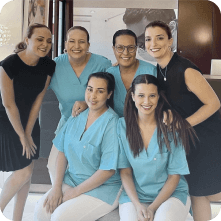
Our different Treatments
You can undergo orthodontic treatment at any stage of your life.
Orthodontic treatment may vary depending on age: child, adolescent, or adult. This section presents the options available for each age group.
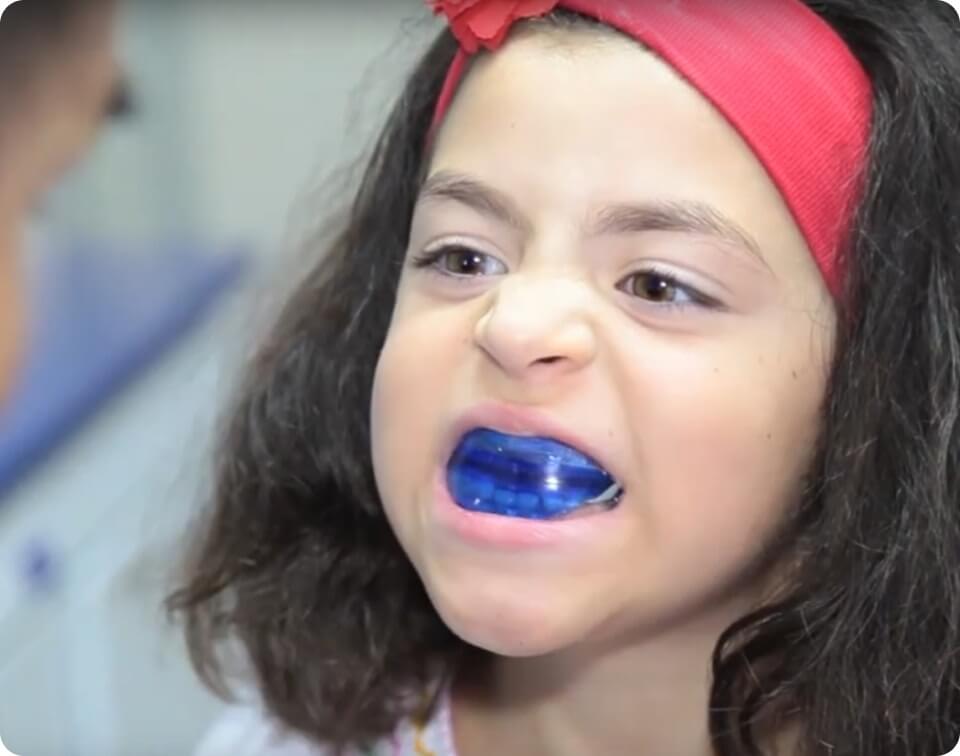
Between the ages of 6 and 8, certain treatments can play a preventive role, particularly in promoting palate development. These may be followed by an interception phase between the ages of 8 and 11, as well as a period of follow-up. Depending on dental development, additional treatment may be considered during adolescence.
- Preventive treatment
- Interception phase
- Monitoring and treatment during adolescence
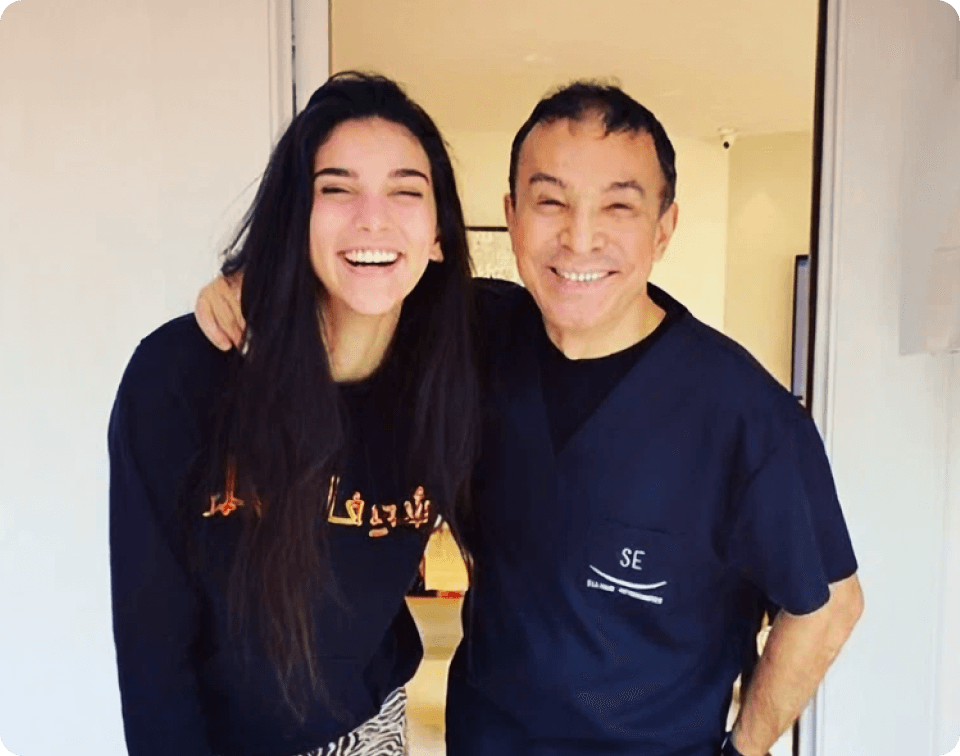
During adolescence, orthodontic treatment may be a continuation of treatment that began earlier or may be the first treatment. From the age of 12 onwards, different types of orthodontic appliances may be offered depending on each patient's situation.
- Personalized diagnosis
- Selection of the best solution
- Monitoring and adjustments
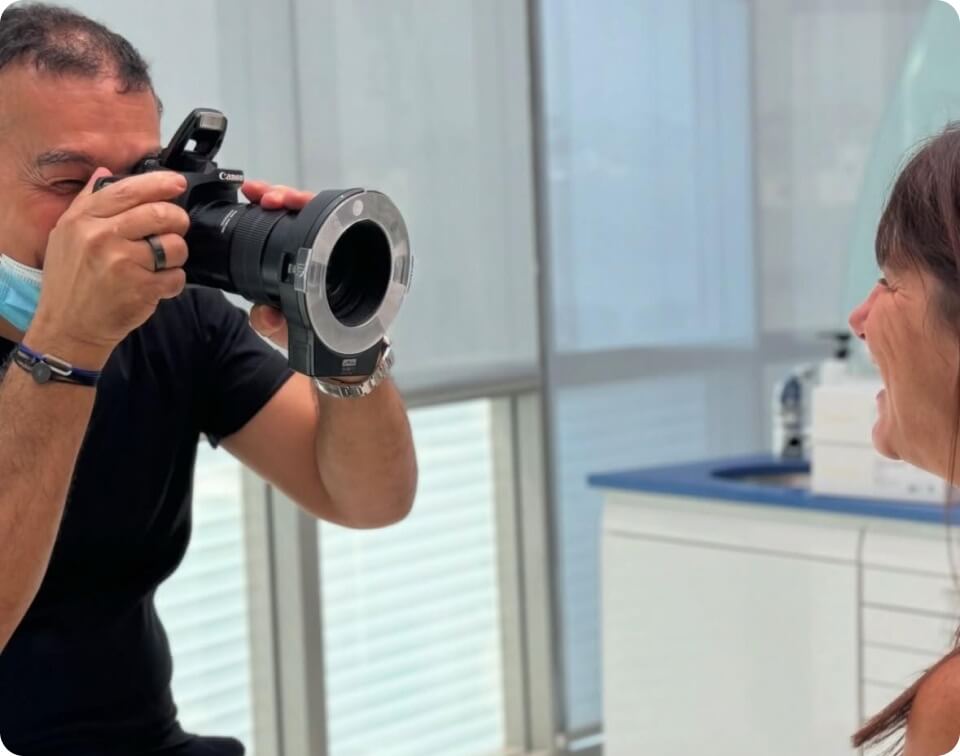
Orthodontics can be recommended at any age. In adults, it can address a variety of situations: cosmetic improvement, readjustment after trauma, or late correction of dental imbalance. A specialized clinical examination is used to determine the appropriate recommendations and procedures for each case.
- Teeth alignment
- Functional correction
- Discreet appliances
01
Aligners
Aligners are an innovative system for straightening teeth. They offer an aesthetic and comfortable treatment, facilitate oral hygiene, and reduce the number of appointments.
- Premium Quality
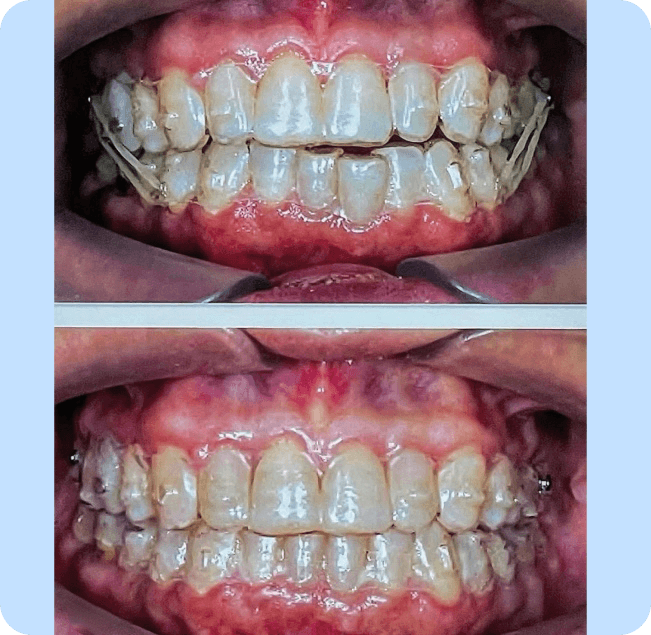
02
Orthodontic Appliances
Self-ligating Appliance The self-ligating brace may look like a traditional one, but it uses a light, high-tech force and wires to accelerate treatment and reduce the number of adjustment visits.
Damon Ultima System The latest revolution in orthodontics. A full-expression orthodontic system launched in our clinic in October 2020 and in Europe in December 2020.
Ceramic Appliance The ceramic brace works the same way as the metal appliance but is less visible because it is made from a transparent material that blends with the color of the teeth.
Lingual Appliance The lingual appliance is the only truly invisible treatment because the brackets are bonded to the inside of the teeth.
- Premium Quality
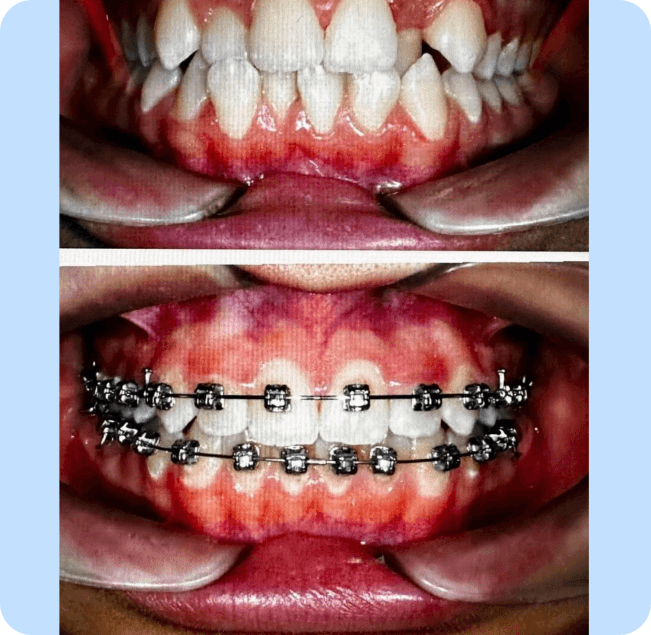
03
Mini-implants (TADs)
Mini-implants are a technique used to treat the alignment of teeth and jaws. They provide undeniable simplification and optimal results in treatments using aligners or braces.
- Premium Quality
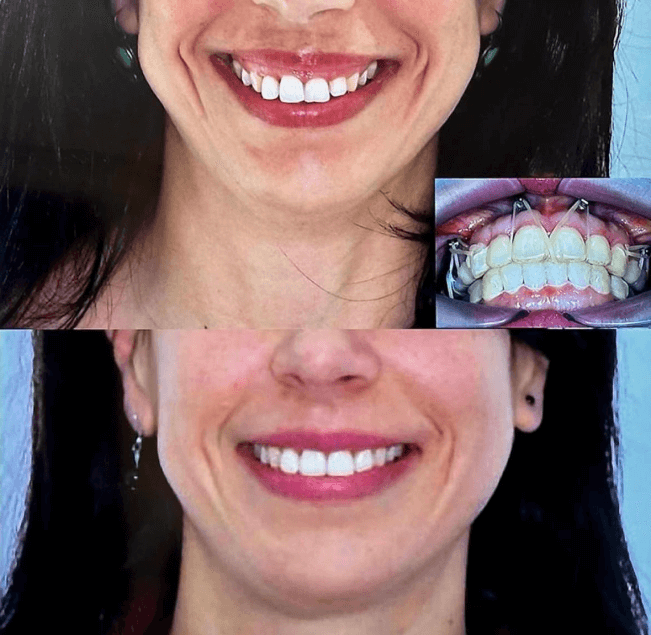
04
Veneers
Veneers are used to correct tooth color when whitening is insufficient, and/or when the shape is slightly chipped or worn, as well as for minor misalignments (small overlaps, gaps between teeth).
- Premium Quality
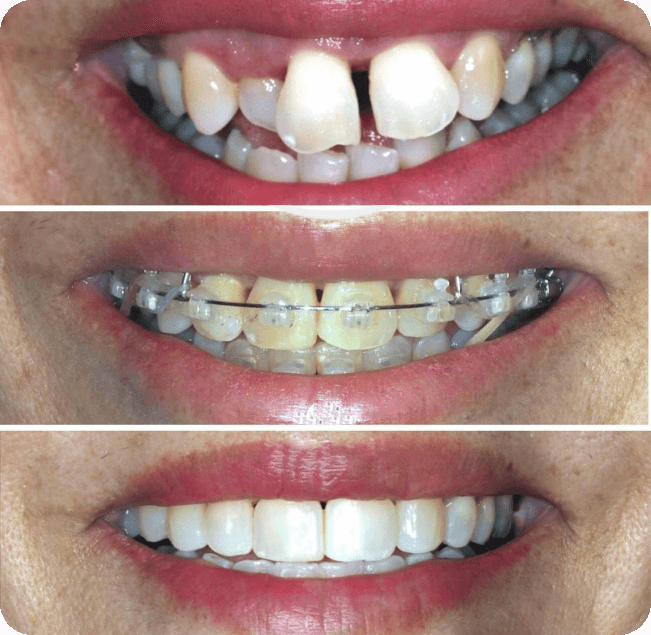
05
Teeth Whitening with Trays
After taking dental impressions, an aligner is prepared for the patient to use with a prescribed gel. Laser teeth whitening Laser teeth whitening is an effective way to reduce stains and can lighten teeth by up to 10 shades.
- Premium Quality

06
Sleep Apnea
Oral appliances represent an alternative to the standard treatment for obstructive sleep apnea syndrome (OSA), which is continuous positive airway pressure (CPAP) via a nasal mask. These devices mostly position the lower jaw (mandible) forward. The effect of this mandibular advancement is twofold: First, it moves the tongue forward, preventing the base of the tongue from obstructing the airway. Second, it tightens the walls of the pharynx, which in individuals predisposed to apnea or snoring tend to vibrate and collapse, thereby reducing or completely blocking the airway. Wearing mandibular advancement devices can cause dental or gum sensitivities, salivation issues, and painful tension in the jaw joints or muscles. Obstructive sleep apnea syndrome (OSA) is a very common sleep disorder affecting 4 to 7% of the adult population. General practitioners are on the front line to identify this still underdiagnosed condition.
- Premium Quality
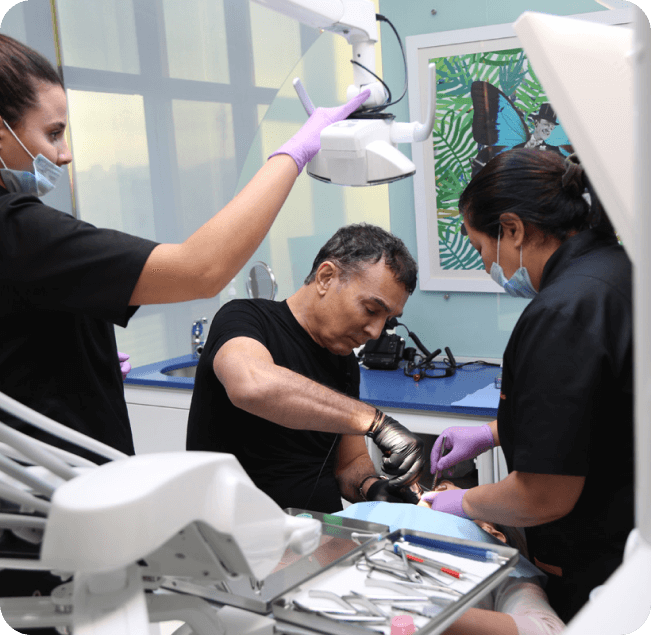
Starting My Treatment
To begin orthodontic treatment, an initial appointment is scheduled to assess the clinical situation and determine the appropriate options. Three consultations may be scheduled to organize the treatment before it begins.
My First Appointment – To Brace or Not to Brace
During the first appointment, Dr. Ellouze conducts a consultation to examine the clinical situation and present the appropriate treatment options. If treatment is planned, a second appointment is scheduled to organize the next steps.
My Second Appointment – A Diagnosis
During the second visit, X-rays, impressions, and photos are taken so that Dr. Ellouze can assess the clinical situation. At the third appointment, usually three to five days later, the findings are discussed and treatment options are presented.
My Third Appointment – A Treatment Plan
During the third appointment, Dr. Ellouze presents the clinical observations and discusses possible treatment options, including the type of appliance (visible or invisible) and treatment modalities. Subsequent appointments are then scheduled according to the treatment plan.
Each consultation is organized to examine the orthodontic situation and plan follow-up care according to clinical needs.